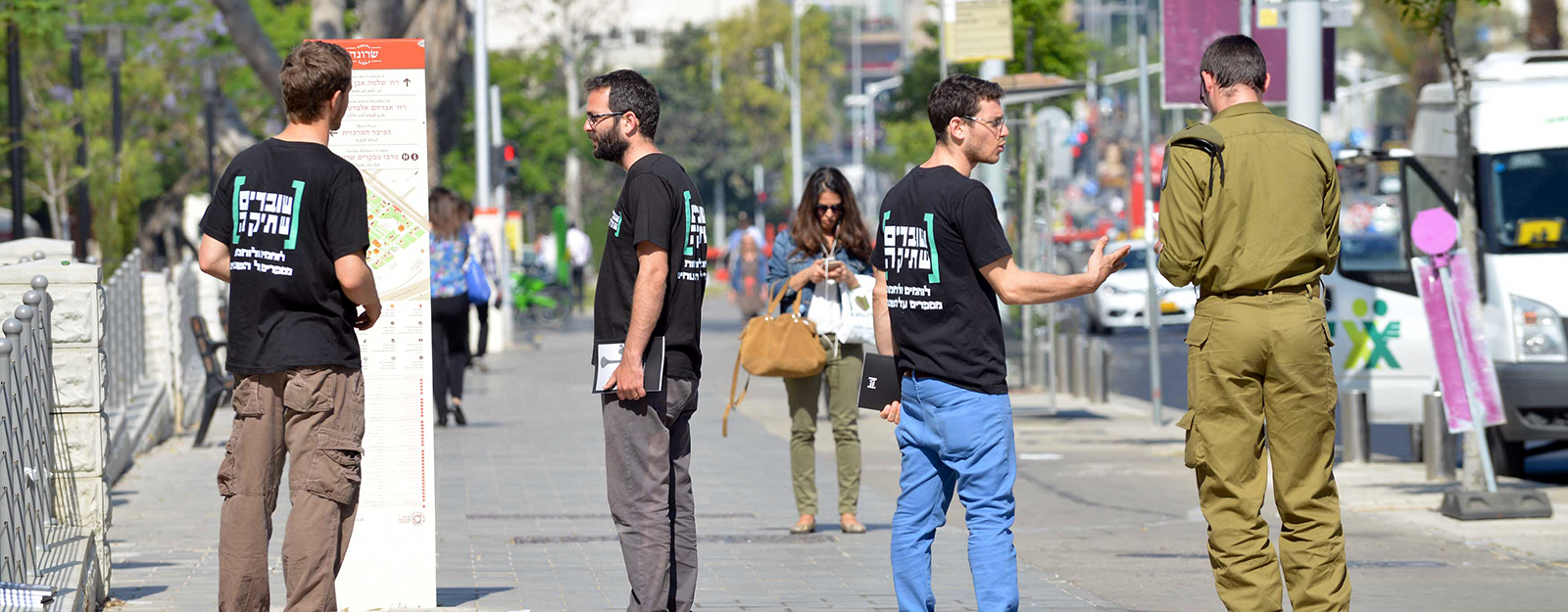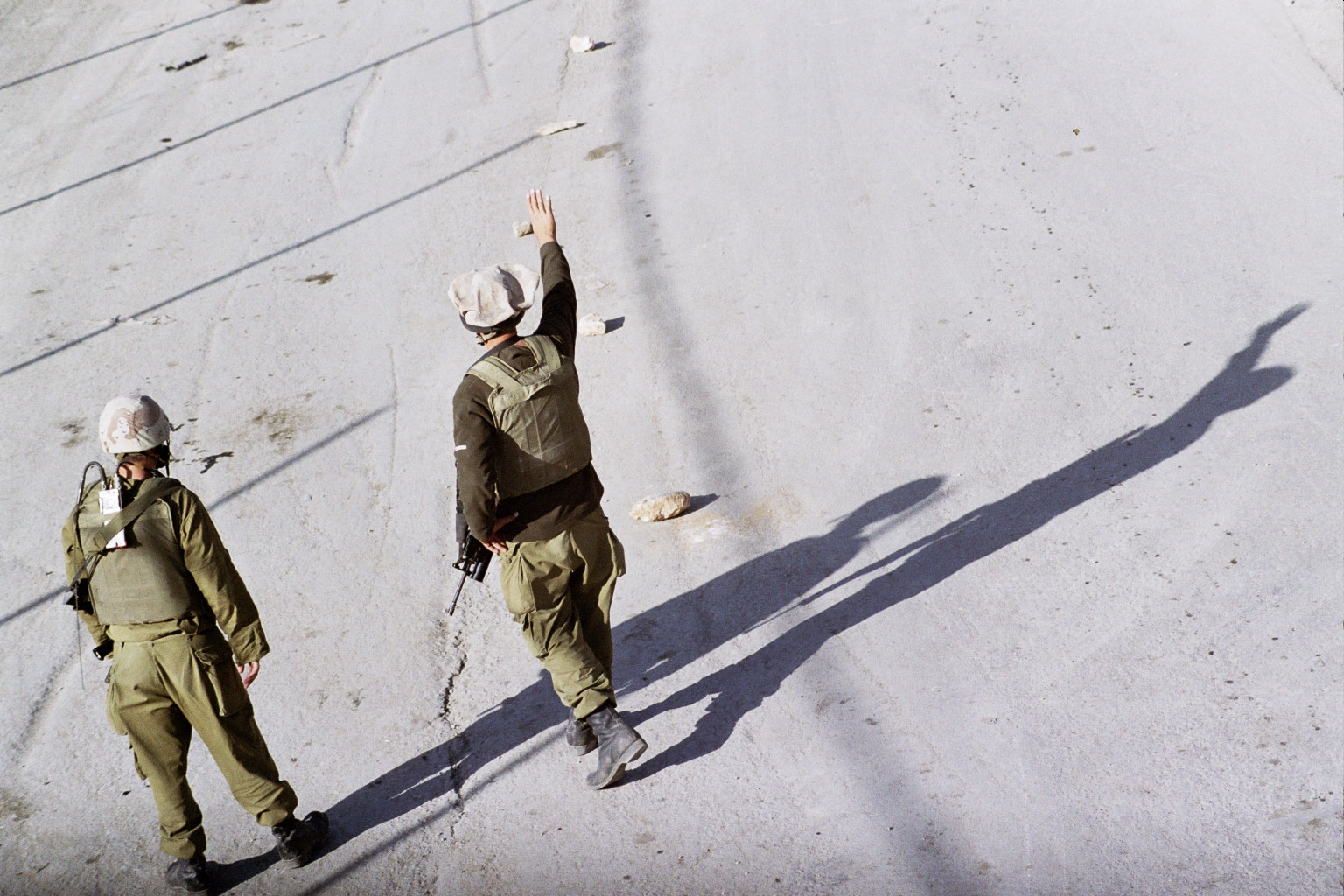Mapping is a very very boring event. [We] enter a house after we’ve taken IDs from the family and put them in a room and put two soldiers there who guard the family. Three soldiers usually take this kind of page, and basically do some sort of survey and mapping of the house. [They] write down what’s in the house, what the size of the rooms is, what they look like. Initially we did it very professionally and would write down every detail. By the second or third mapping it has become clear that this paper is going to the trash, we didn’t even always pass it on to someone, let’s say except in the first briefing where they explained what mapping a house is. There was never any emphasis in the briefings on the method of mapping. I mean, they never said: Make sure that you map the X, Y and Z. Pay attention [to that]. That never ever happened.
Who were you supposed to pass it on to? We would pass it on to the company commander and he was supposed to pass it on to the Shin Bet apparently or to the battalion. [We] don’t know who he was supposed to pass it on to. And then pretty soon it was clear that there’s no… How did it start to become clear to you suddenly?They’re not arrested, in the briefings we’re not told that they’re suspected of anything. At first you say okay, maybe it’s a house with a strategic [observation] point, [but] no, no, it barely has a window to its balcony. Like, you don’t manage to rationalize anything that provides a reason for mapping this house. Now, at first there’s this classification, you don’t know what the Shin Bet guys are doing here and what they want. So you say okay, maybe the Shin Bet guys know something I don’t know. You see also that they’re not that interested in it either. I mean, they’re there, sometimes you’re mapping and they’re laughing among themselves on the side, sometimes they’re busy chatting with the family.
During this time when you’re doing the mapping, are they trying to interrogate the family or something like that?
No, totally not to interrogate. Sometimes they chat with them but not something that gets to the level of an interrogation. How do you know?I both understand a bit of Arabic, [and] it’s clear to all of us that most people at that moment have nothing to do. You need [only] two people to go through the rooms and write things down, [so] each person passes the time in his own way: one is looking at the children’s posters in the room, one goes to where the family is because there there’s more talk going on there. The grandmother is shouting so someone goes to talk with the grandmother, because that’s the attraction right now, there’s no… What do they explain is in fact the goal of the activity? So I’ll also say that we had a very very professional company commander which was a very positive thing, and overall he was dismissive about the mission. I mean he was very professional in relation to us coming prepared and for everything to be organized and by the book and that. But he prepared for unplanned incidents, he wasn’t occupied with the mission itself. I mean, when we come to map a house, what was important to him was that all the soldiers are alert, taking care of themselves, making sure no one is coming from outside, that there isn’t a demonstration developing outside the house. The mapping itself didn’t interest him.









 testimonies
testimonies  media & content
media & content 










 When we come to map a house
When we come to map a house 

 terms of use & privacy policy
terms of use & privacy policy